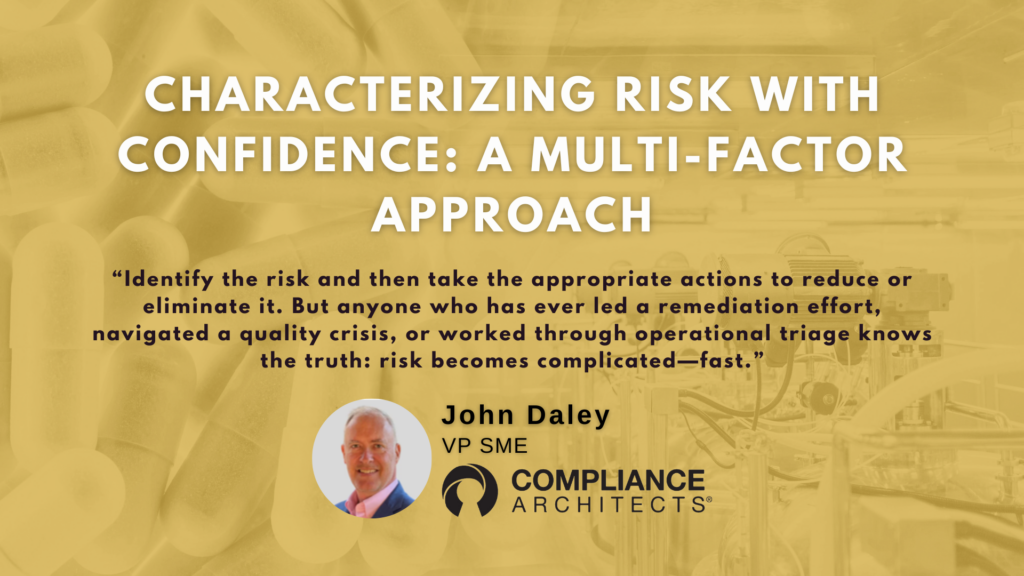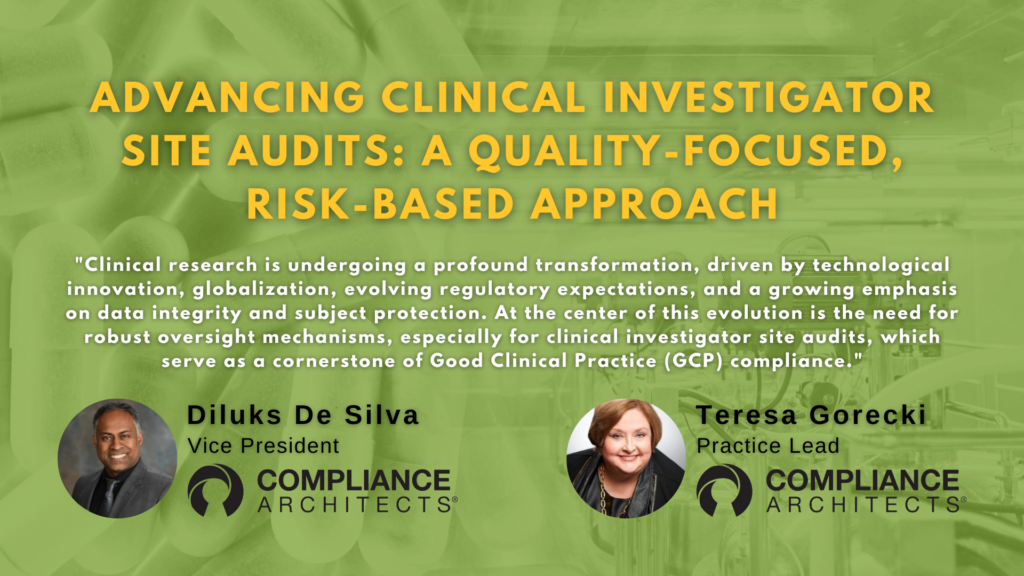A review of FDA enforcement news over the last year should clearly demonstrate an important shift in approach by the FDA that the “cop” side of FDA is back on the beat. During the last 8 – 10 years, in a period marked by principles of de-regulation and reduced oversight for all businesses, the federal government went to great pains to work with industry, and in this context, FDA-regulated industry, to be reasonable and understanding of both the challenges these businesses face, and the financial realities of drug development, commercialization and manufacturing. As evidenced by the small number of serious enforcement actions during this 8 – 10 year period, the FDA was extremely cooperative relative to traditional regulatory enforcement approaches.
Unfortunately for industry, the FDA of (at least) the next few years
is going to be a whole lot less cooperative!

Table of Contents
Heightened FDA Enforcement and Regulatory Scrutiny
Regardless of how well you think your company has been doing with respect to your compliance obligations, you now have much, much more to worry about. Starting last August when the new FDA Commissioner, Margaret Hamburg, gave the first ever speech solely dedicated to FDA enforcement, and continuing with the recent upticks in enforcement showing FDA’s increasing impatience with companies, FDA has been flexing its FDA enforcement muscles in earnest.
Now, on the heels of this recent activity, FDA is the recipient of a report by the General Accounting Office that criticizes its Office of Criminal Investigation for not being internally accountable, and “falling short” with respect to performance standards. See FDA Set to Ramp Up Criminal Prosecutions. This report is damning at a time when FDA is under pressure from Congress, and the new Administration, to provide more assurance of consumer protection, food safety, and safe product supply chains.
Strategies for Executives: Mitigating Risks Amidst Increased FDA Scrutiny
Given these changes, what can executives in FDA-regulated companies do to minimize the risk of business disruption from FDA enforcement action, or even worse, the risk of criminal activity at your company?
Initially, as an executive in this industry, you are in a high-profile, high-risk situation. You need to be sure that you’ve mitigated to the extent possible, company risk of regulatory FDA enforcement, and, your own personal risk derived from your responsibility as an executive in charge of regulated operations. In this regard, you need to be absolutely sure that you’ve prospectively looked for and identified any risk, or worse, criminal or fraudulent actions that may be occurring in your operation.
Personal Accountability and Legal Implications for Executives
Further, as an executive, it is your personal responsibility to be proactive and thorough in vetting your regulated operation for FDA enforcement risk. In general, criminal activity is directly tied to knowledge & intent — what did you know and when did you know it. However, under the Food Drug and Cosmetic Act, criminal liability is strict — meaning, you can be criminally liable without direct knowledge of a violative act. See US v. Park, US v. Dotterweich. So, either assess your operations yourself – or, if you don’t have the capabilities to dig deep and thoroughly into all aspects of your operation — get help doing so.
Anticipating a Shift: The Impending Focus on FDA Enforcement and Compliance
Finally, it hasn’t been in vogue of late to think about the penalty side of Food and Drug law and regulation. It’s much more — palatable — to talk about risk, harmonization, working together, etc. The problem is that during the good old “friendly government days” many FDA-regulated companies failed to execute on fundamentals, and now these same companies are at significant risk from not spending the time, effort and resources to put in place the appropriate systems and activities that the Agency expects.
I predict that the Agency is, right now, planning a major FDA enforcement action that will, after so many relatively cooperative years, refocus the industry’s attention on compliance and quality issues. You would think that $2.3 billion paid by Pfizer in January of 2009 would be sufficient, but, it seems that it wasn’t. You don’t have to be the executive on the receiving end of the Agency’s next example enforcement action – but, if you don’t understand the sea change going on right now in Washington, you may well be.
Contact Us
To learn more about the new FDA enforcement landscape, contact Compliance Architects by filling out the form below.





